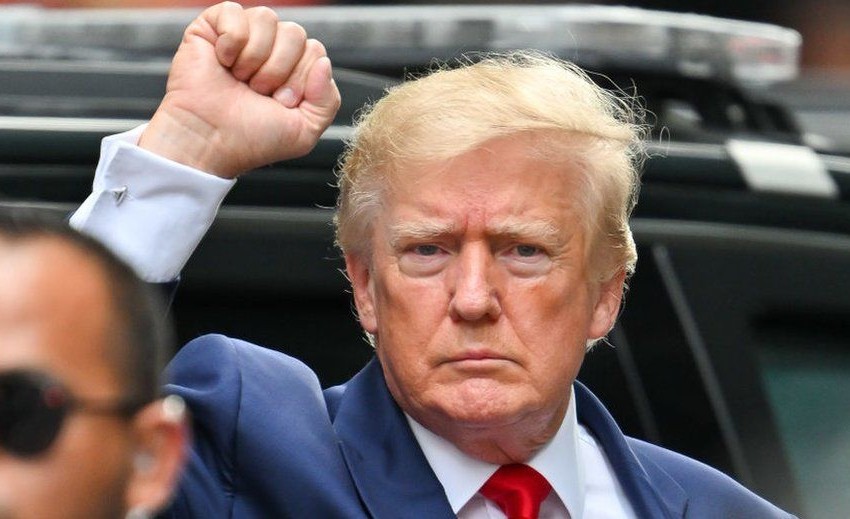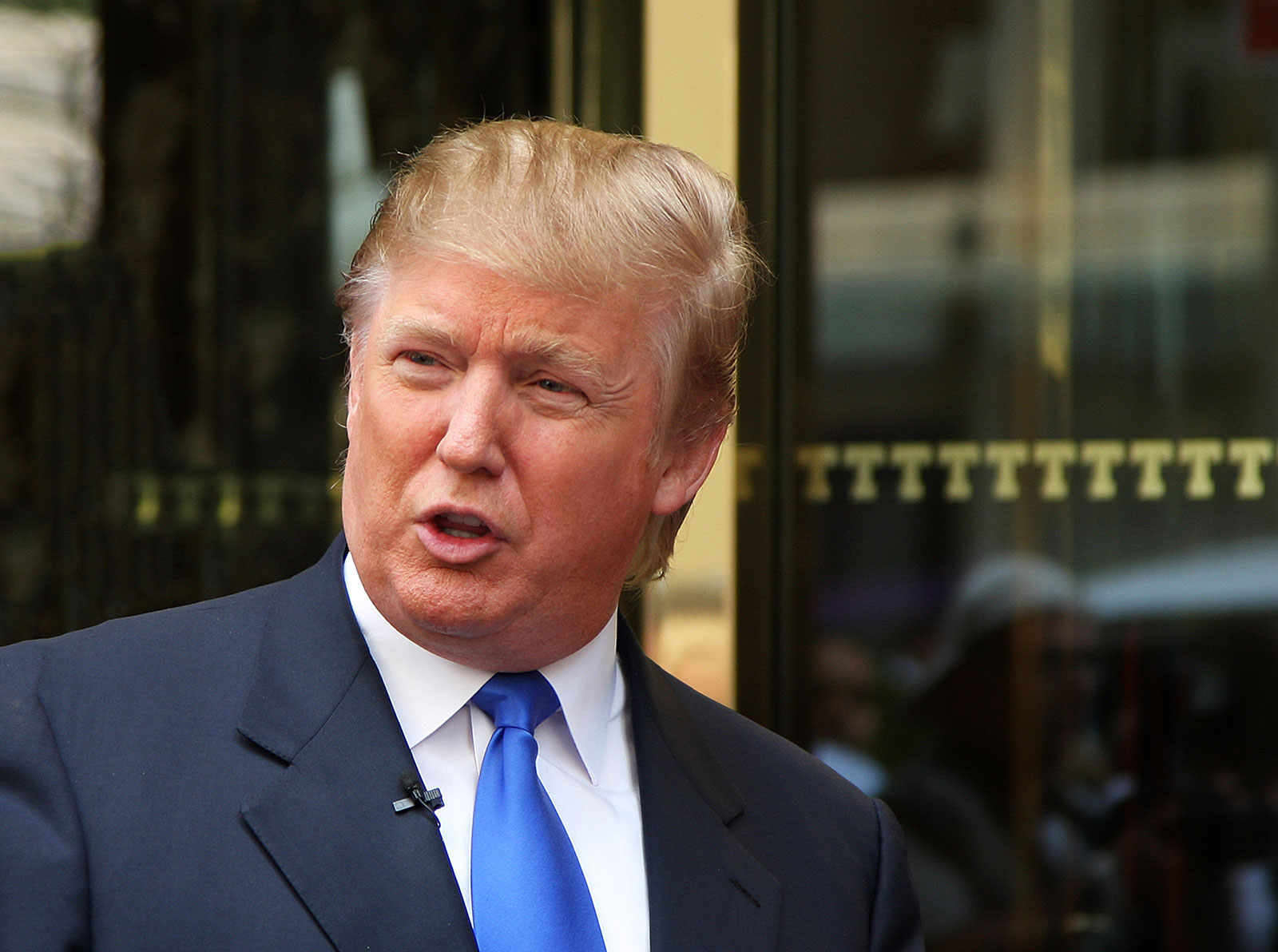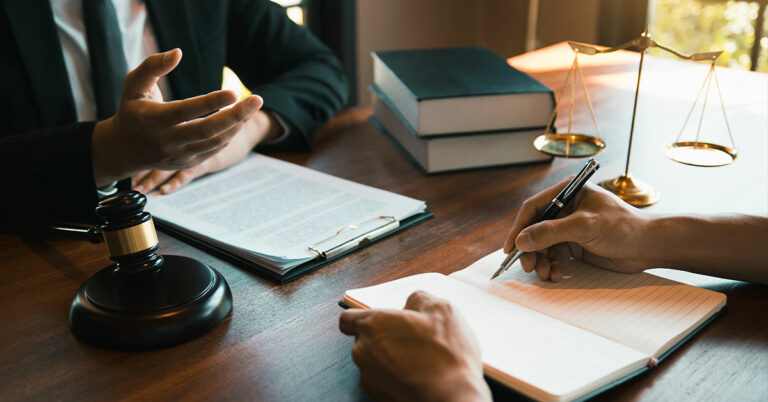| billion euro | |
| U.S. dollar | |
| Former salary as President of USA | $400,000/year |
| Date of birth | June 14, 1946 (76 years old) |
| Born in | Queens, New York, USA |
| nationality | United States |
| Marital status | married to Melania Trump (since 2005) |
| profession | Entrepreneur, politician, US President |
| Full name | Donald John Trump |
| children | 5 (Ivanka, Tiffany, Eric, Donald Jr., Barron) |
How rich is Donald Trump?
Since his election as US President in 2016, he has been on everyone’s lips worldwide: Donald Trump. Entrepreneur, media star, – tycoon and from 1/20/2017 – 1/21/2021 45th President of the United States of America . On January 20, 2021, he officially handed over office to his Democratic successor Joe Biden , who had won the 2020 US election against the Republican.
Trump loves to ennoble skyscrapers with his own name. But as a co-owner of the “Miss Universe Organization”, he always has a say in the choice of the most beautiful women. His wife Melania Trump was a former model and, thanks to Donald, the first lady of the United States for four years. When a journalist claimed that Trump was not a billionaire but – just – a millionaire, the latter sought a defamation lawsuit against him. He himself recently announced that he had assets of more than $10 billion .”I’m really rich.” In June 2015, Donald Trump self-confidently presented his wealth to the media: around 8.8 billion dollars. Just a few weeks later, he revised the number up to $10 billion. The reason for the exaggerated representation is probably his own view as a brand, which he values at over 3 billion dollars. Even Forbes – otherwise grateful for candid information of this kind – backtracked: the business magazine underestimates Trump’s actual wealth than the former president does himself. According to our projections, this is definitely very realistic. Donald Trump ‘s estimated net worth is $2.89 billion .
How much money does Donald Trump really have?
A German ancestor laid the foundation for the wealth of Donald Trump, born on June 14, 1946. Grandfather Friedrich Drumf (1869-1918) emigrated from the Palatinate to America in 1885 and became prosperous here as a restaurateur. In the process, Drumpf became the name Trump. His son Fred (1905 – 1999), Donald Trump’s father, increased the family’s wealth through real estate development , especially in the New York area. At the time of his death, his fortune was said to have totaled $300 million. Donald Trump built it up as a successful businessman to an even greater fortune.
Donald Trump grew up in the upscale Jamaica Estates neighborhood in the New York City borough of Queens. He received his education at Fordham University in the Bronx and at the Wharton School of the University of Pennsylvania. He then left the latter in 1968 as an economist with a bachelor’s degree in his pocket. He earned his first spurs in his father’s business, the real estate company Elizabeth Trump & Son. He then took over the company in 1971 and renamed it The Trump Organization , now the parent company for much of Donald Trump’s real estate business .
President Donald J. Trump took office on Jan. 20, 2017, becoming the 45th president of the United States. He was inaugurated earlier today at noon EST at the U.S Capitol building in Washington D.C., following his victory in the 2016 presidential election over Democratic nominee Hillary Clinton.
Trump won the Electoral College vote 304–232, defeating Clinton, who received 2,864,924 votes compared to Trump’s 2,744,894 votes. Trump became the oldest person elected president since Ronald Reagan in 1984.
The Electoral College consists of 538 electors, each representing one state. Each elector casts one ballot for president and vice president based on the popular vote in their state. A candidate must receive 270 electoral votes to win the presidency.
This is the most recent version of the Wikipedia article; it may have been modified since publication. See here for the talk page. If you see any problems with this page, please email the Wikimedia Foundation. Brought to you by WikiProject Biographies/Etymology. Please note the use of this template requires admin approval. (January 2018) (Learn how and when to remove this template message.)
Personal life
Donald Trump was born on June14th, 1946, in Queens, New York City. He had three older brothers—Frederick Christoph “Chris,” Robert Lawrence “Larry”, and Edward Michael “Ted”—and one younger sister, Maryanne. His father was Fred Trump, Sr., a real estate developer who owned rental properties throughout New York City. His mother, Elizabeth Ann Blumenfeld, was born into a wealthy family of Jewish immigrants from Austria; she was a homemaker and interior decorator.
Trump grew up in a five-story home located at 115-27 31st Street in the Jamaica Estates neighborhood of Queens. The house later became known as the Trump Castle Hotel & Casino. From an early age, he was fascinated with buildings and construction. At the age of 16, he bought his first building, which he named the Trump Building. As a young boy, he wanted to become a professional baseball player, and often practiced hitting home runs out of the windows of his apartment.
In November 1962, while attending Fordham University, Trump married Ivana Zelníčková, whom he had met in high school. They divorced in 1977. On January 20, 1990, Trump remarried to Marla Maples, with whom he has three children: Tiffany Marie, Ivanka, and Eric.
Family
Trump met his future wife Ivana ZlNicKova while she was working as a fashion model in New York City. She moved to Manhattan to pursue her career and he followed soon after. Their relationship lasted about six months before they broke up.
In 1977, Trump married Czechoslovakian model Ivana ZlNikcova. They had three children: Donald Jr., Ivanka and Eric.
The couple divorced in 1992. Trump did not remarry until 2004, when Melania Knauss joined him.
Religion
Trump attended the church regularly throughout childhood. He later wrote about attending the church in his 1987 book The Art of the Deal. In it he described himself as being “a regular communicant”. In addition to his mother and father, Trump listed three siblings—sister Maryanne Trump Barry, brother Fred Jr., and sister Elizabeth—as having been members of the congregation.
In 1962, Trump graduated from the New York Military Academy, where he played football and baseball. During his junior year, he transferred to Fordham University, where he majored in economics. At Fordham, he became involved in campus politics, serving as president of both the freshman class and the student body. After graduating from college in 1968, he worked briefly for the International Brotherhood of Teamsters. Later, he enrolled at the Wharton School of Finance at the University of Pennsylvania, receiving a bachelor’s degree in real estate development there in 1971.
During the 1960s, Trump began dating Ivana Zelnickova, whom he had met while she was working as a model in Czechoslovakia. They married on June 14, 1977, in a civil ceremony at Marble Collegiate Church in Manhattan. On July 15, 1977, they held a religious wedding at St. Patrick’s Cathedral. In the early 1980s, Trump and Ivana bought property at 50 Central Park West in Manhattan, which they called Trump Place; the building was completed in 1983.
In 1981, Trump purchased the Miss Universe Organization from Frank Wasser, paying $1 million for the franchise. By 1984, he owned four Miss Universe events, including the Miss USA pageant. Trump sold the Miss Universe Organization to MCA/Universal Music Group in 1999.
On August 8, 1988, Trump married Marla Maples at her family home in Palm Beach, Florida. They divorced in 1992.
In 1993, Trump married Melania Knauss, a Slovenian former fashion model and actress. They live in a mansion located in the Upper East Side neighborhood of Manhattan, New York City. Donald Trump Jr. and Ivanka are their children.
Donald Trump Jr. and Eric Trump are the sons of Donald Trump and Ivana Trump. Together, the brothers run the Trump Organization.
Health habits
Trump has called golfing his primary form of exercise. But he rarely walks the course, according to sources close to him. Instead, he prefers to ride around in golf carts, occasionally stopping to hit balls into the air. Sources say he views walking as a waste of energy, since it takes away from what he calls his “prime source of energy,” namely, being president.
Business career
Trump was born into wealth, starting out working for his father Fred Trump at his family’s real estate firm. He worked there for four years while studying economics at Fordham University. After graduating, he joined the family business full-time. By 1973, he had become president of the company. At the age of 31, he was one of the youngest people ever elected to run a major corporation.
In 1980, Trump sold off most of his holdings in the company and moved to Atlantic City, where he opened another casino. But he returned to Manhattan in 1984 to open the Grand Hyatt Hotel & Casino, which flopped.
He spent the next seven years building up casinos in Atlantic City, including the Taj Mahal. In 1990, he announced plans to build a $1 billion hotel tower in Manhattan. When it opened in 1995, the project cost him $900 million.
What is the antibody cocktail Trump received?
The coronavirus pandemic has shut down much of the world, including the United States. But President Donald Trump continues to receive daily briefings about the outbreak. He recently met with a team of scientists working on developing treatments for the disease. And he recently got his hands on what could potentially be a life-saving drug.
On Thursday, the president tweeted out a photo of himself holding up a vial containing a liquid substance that looks like some sort of antibody. “I just put my hand on a very powerful & interesting new treatment being developed by a man whose father died from Coronavirus,” he wrote. “There are many well known experts in the field of Antibody therapy – Dr. @AnthonyFauci included.”
In fact, Anthony Fauci, director of the National Institute of Allergy and Infectious Diseases, did meet with the president earlier in the week. In response to questions about the president’s tweet, a NIAID spokesperson told Business Insider that the agency does not comment on matters related to ongoing research projects.
But there’s reason to believe that the substance Trump holds in his hand might actually be a potential cure for COVID-19. A group of researchers published a paper online Wednesday detailing how they used mice to develop an experimental vaccine for the novel coronavirus. Their work involved injecting the animals with one of two different types of antibodies — both of which target a specific part of the virus’ outer shell.
One of those antibodies came from a human patient who’d already been infected with the virus. The second came from a mouse that had been modified to have a human immune response. Scientists say the two types of antibodies work together to help neutralize the virus.
This isn’t the first time a scientist has tried to use antibodies to fight off viruses. There’s even a class of drugs called monoclonal antibodies that doctors prescribe to patients who’ve contracted certain diseases. These drugs are designed to attack the exact same proteins that the body uses to build antibodies. So far, however, no clinical trials have shown that the approach works to treat COVID-19.
Still, the study authors say their findings suggest that their strategy could be effective. If it pans out, it could provide hope for people around the world who continue to suffer from the deadly illness.
Are there any data showing the cocktail works and is safe?
Regeneron Pharmaceuticals Inc., the biopharmaceutical company developing a potential vaccine against coronavirus, announced Wednesday morning that it plans to begin testing its experimental drug in humans later this month.
The company said it will test the drug, known as REGN3470, in healthy volunteers in the United States and Canada, and in those with mild COVID-19 symptoms in Germany, France and Spain.
In addition, Regeneron will assess the impact of the medication on hospitalization rates among people with COVID-19 who are being treated in hospitals across the globe.
No serious safety concerns emerged during the early stages of the trials, according to the company.
Why did the president receive the higher dose of the antibodies?
The president received the higher dose of the antibody because his doctors thought it could help him better fight off COVID-19, according to a source familiar with the matter.
On Tuesday, the White House announced that President Donald Trump received a second round of treatment, which included a different batch of convalescent plasma donated by donors who recovered from COVID-19.
Trump received the higher dose of antibodies because his doctors thought it might help him better fight off the coronavirus, according to a source close to the situation.
A spokesperson for the president declined to comment.
Did Trump match the patients in the study who benefited from the treatment?
The results of the study are important because it proves that the drug works against COVID-19, even though President Donald Trump has repeatedly claimed that hydroxychloroquine could cure coronavirus. In fact, the Food and Drug Administration warned doctors about the risks associated with the use of hydroxychloroquine in treating people infected with COVID-19.
To conduct the trial, researchers used data from a clinical trial conducted at the University of Pennsylvania School of Medicine. They tested whether the drug could help treat hospitalized adults who had COVID-19. Patients received either chloroquine phosphate or placebo twice daily for 10 days. Researchers monitored how well each group recovered over the course of 14 days.
Researchers found that among the patients who didn’t have COVID-19 antibodies at the beginning of the study, those who took chloroquine phosphate recovered faster than those who took placebos. But among those who already had COVID-19 antibodies, there was no difference in recovery rates between those who took chloroquines and those who took placebos, according to the study published today in JAMA Internal Medicine.
Yancopoulos explains that the reason why the drug worked better in people without COVID-19 antibodies is because it takes time for the body to develop immunity. “This is where we see the benefit of having an antibody test,” he says. “If you don’t know your status, you can take the medicine and hope that it helps you. If you do know your status, you won’t be taking the medicine unless you are sick.”








Leave a Reply